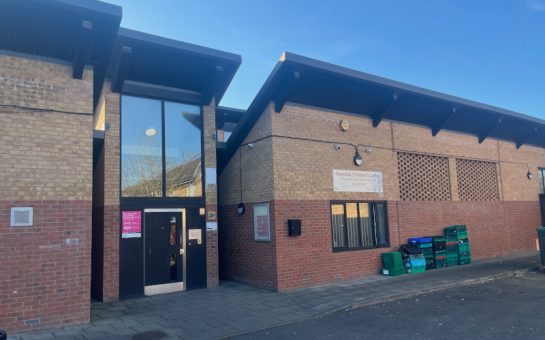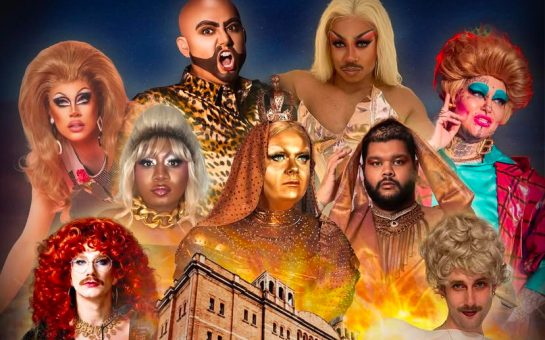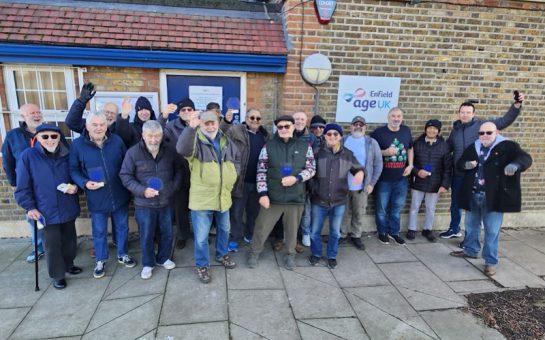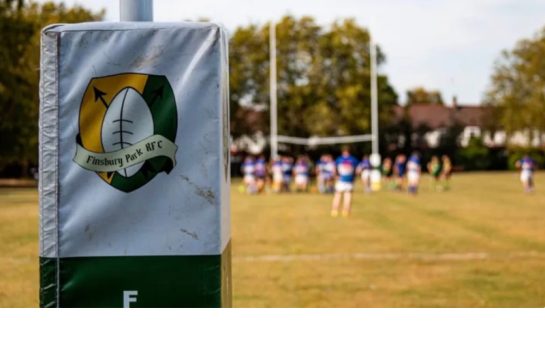An alleged victim of Harvey Weinstein said she felt “emotionally small” when she worked for the media mogul.
Harvey Weinstein, the former Hollywood film producer, will face a retrial for rape and sexual assault charges in New York in November after the original ruling was overturned in April.
The Miramax film studio co-founder was sentenced to 23 years imprisonment in 2020 and, in a separate trial was also sentenced to 16 years for rape in California.
However, a New York court of appeals judge later ruled that Weinstein did not receive a fair trial because testimony from women relating to allegations for which he was never charged were included in proceedings.
The 72-year-old has been accused of sexual offences by over 100 women, including Rowena Chiu, his former assistant.
Weinstein has never been charged in relation to Chiu’s allegation and following the publication of her story in the book “She Said”, Weinstein’s lawyer, Donna Rotunno denied the allegation and claimed Weinstein and Chiu had “a six-month physical relationship” that was consensual.
After Chiu shared her story in a New York Times op-ed, I went to meet her at a Chinese restaurant in London where she revealed some exclusive details of that chapter of her life and what has changed since.
Chiu was born in the UK, graduated from Oxford University and worked at Miramax’s London office in 1998 when she was 24.
She was hired by Zelda Perkins, Weinstein’s primary personal assistant, and as Weinstein’s secondary assistant, her job included managing schedules.
Chiu said: “Assistants in many film companies are nobodies, they are invisible.
“As an Asian person, I was very good at taking care of people and at the same time, I was very good at being invisible.
“I not only had to deal with calls from Steven Spielberg and Robert De Niro, I also had to decide whether Joseph Fiennes should come up to Weinstein’s hotel room or another superstar should come first.
“Being Weinstein’s assistant was really a role in which you walked in with an identity crisis and walked out with one magnified ten times.”
In September 1998, Chiu went for her first and only business trip to the Venice Film Festival with Weinstein.
She said: “A black limousine arrived outside my humble parents’ house to take me to a private jet airfield, where one was waiting to fly me to Venice.
“It sounded incredibly glamorous, but in reality, I was shaking.”
She claimed: “We were constantly being told that if you don’t want this job, there are millions of beautiful, blonde, worthy and future producers who are willing to take your role in a heartbeat.”
According to Chiu, Weinstein attempted to assault her during a script meeting in his hotel suite at the Venice Film Festival.
Chiu avoided talking about the details of the alleged assault itself, and encouraged people to look online for her previous interviews where she discussed the specifics.
She said: “Rape doesn’t always look like how Hollywood movies often portray it.
“Instead, it’s soft coercion by someone you know well, like a father, a boss, a brother, or a romantic partner.”
Weinstein reportedly asked her to massage him, tried to convince her to take off her clothes, pushed her onto the bed, and tore off her underwear.
Chiu said she “escaped” when she mentioned that Perkins, his assistant, was looking for her.
She added: “My self-esteem was so low at that time.”
The next morning, Chiu reported the incident to Perkins who confronted him shortly after.
Weinstein reportedly said: ‘I like Chinese girls because they’re discreet’.
He then was said to have warned Chiu: ‘You’re not going to complain about anything that happens in this room’.
Chiu said: “It’s true that Chinese people and Asians are generally known for not complaining.
“I was not only physically small, but also emotionally small.”
Chiu and Perkins considered going to the police in Venice but they decided against it due to a lack of evidence and language barrier.
After deciding to seek legal action in London, they initially struggled to find representation and subsequent attempts to sue Weinstein for sexual assault failed due to a lack of evidence.
Chiu and Perkins eventually signed a non-disclosure agreement (NDA), which led to their absolute silence for almost two decades.
According to Chiu, she and Perkins were in an office for about two weeks while the NDA was finalised.
She said: “There were a couple of occasions when we were kept there until 5:00 in the morning – if we asked for food, we would be given a few sandwiches.
“We were essentially treated like criminals, and we were put in a room where there was no phone.
“We were not given a pen and paper and we were told that we could not take any notes.”
Weinstein reportedly paid £125,000 to keep Chiu and Perkins silent.
Chiu claimed that Weinstein threatened her: ‘I will forever watch and follow you and your loved ones’.
Later, Chiu said she discovered that she had been seemingly blacklisted by Weinstein from getting a job at other film and television companies in London.
Chiu said: “When I was fighting for job opportunities, Weinstein’s lawyer said to me that ‘Harvey really misses you, he wants you to come back’.”
She then moved to Hong Kong and worked for three years but struggled with stress and attempted to take her own life twice.
Chiu said: “It was a very challenging period for me.
“I eventually left Hong Kong and also the film industry behind, I’ve never worked in the film industry since then.”
She was eventually convinced to speak out by Kantor, an investigative journalist for The New York Times, who first broke the Weinstein allegations in 2017.
In the autumn of that year, Chiu was in London with her children and her husband was back in California.
Kantor visited their home and said to her husband: ‘I believe your wife used to work for Harvey Weinstein’.
Chiu said: “It was a pivotal moment for me.
“My husband and I had been married for 10 years and he didn’t know anything about the fact that I worked for Weinstein and the agreement I signed with his legal team.
“It had been 19 years; I thought the secret was dead along with that version of myself.”
When Chiu returned home, she felt terrified when her husband told her about his encounter with Kantor.
She said: “I feared that Weinstein would come for me. I called every lawyer who I trusted.”
Chiu was too scared to tell her story to Kantor at that time.
“I grew up in a Chinese church-going community in London,” Chiu explained.
“My immediate family, close friends and people I grew up with never knew what happened to me.
“I feared people’s reactions and judgement, they would say: ‘It was your fault, that you were somehow wrong to be there, and you were wrong to work in film, or you were wrong in what you wore, you didn’t scream loudly enough, or you didn’t run fast enough’.”
She did stay in touch with Kantor, who in January 2019, invited Chiu to Gwyneth Paltrow’s house, where she met others who had spoken out against the film mogul.
Chiu described: “I bizarrely found myself in Gwyneth Paltrow’s house in Hollywood on a rainy Martin Luther Weekend.
“During the small gathering, I met Christine Blasey Ford, who made allegations regarding a sexual assault case when she was 15.
“And I thought nobody knew who she was, but she was still laughing, sharing her experience, and living a normal life.”
For the first time, Chiu felt empowered to tell her story.
In April 2019, Chiu went to testify at the House of Commons in London before the Select Committee on Sexual Harassment in the workplace, which was chaired by Maria Miller MP.
In October 2019, The New York Times published her story of the assault, which led to more than 200 messages from Asian women sharing their experiences of sexual harassment as part of the #MeToo movement.
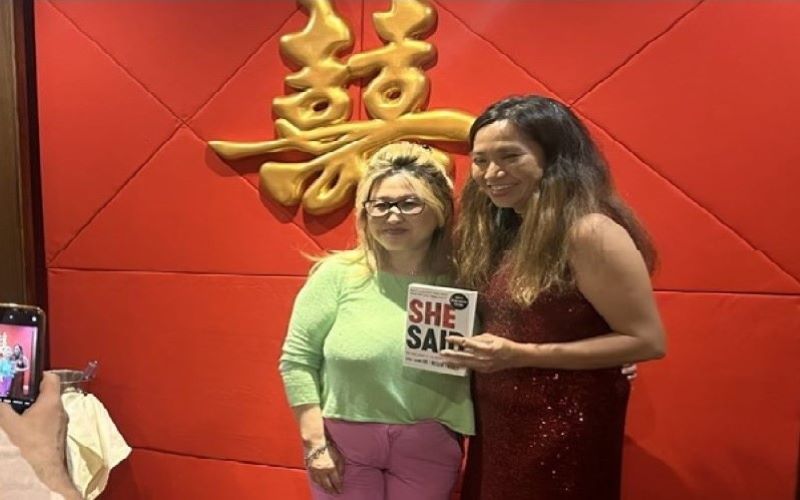
But what changes has the movement brought to society?
Chiu noted the emergence of platforms enabling people to speak up, including survivors of Epstein, Matt Lauer, and R. Kelly.
She explained: “In the US, we have not yet made it into a federal law, but in New York, New Jersey and California, people can no longer use an NDA as a way of oppressing and covering up the sexual assault number.
“This is a significant legal victory, but we’d love it to be federal.”
Chiu has been involved in the #MeToo campaign since 2019, when her name and story were quoted in She Said, co-written by Kantor.
Chiu said: “The process of speaking out made me stronger when facing unjust treatment.”
She added that she is now more assertive in responding to discrimination or racism.
She also expressed her gratitude for her husband’s support: “My husband said to me he’s not a woman and he was never assaulted.
“But as a Chinese man, he understands how challenging it is for Chinese individuals to work in a predominantly white environment, he also understands how Harvey Weinstein would have treated me.”
Chiu, 26 years after the alleged assault in 1998, has a freelance job with the World Bank and sometimes gives speeches globally and offers consulting to sexual assault victims over Zoom.
She concluded: “It is still incredibly hard in workplaces for people of no power to face sexual assault.
“I hope workplace dynamics will change for my children’s generations, but I’m not sure if it will happen in my lifetime.”
